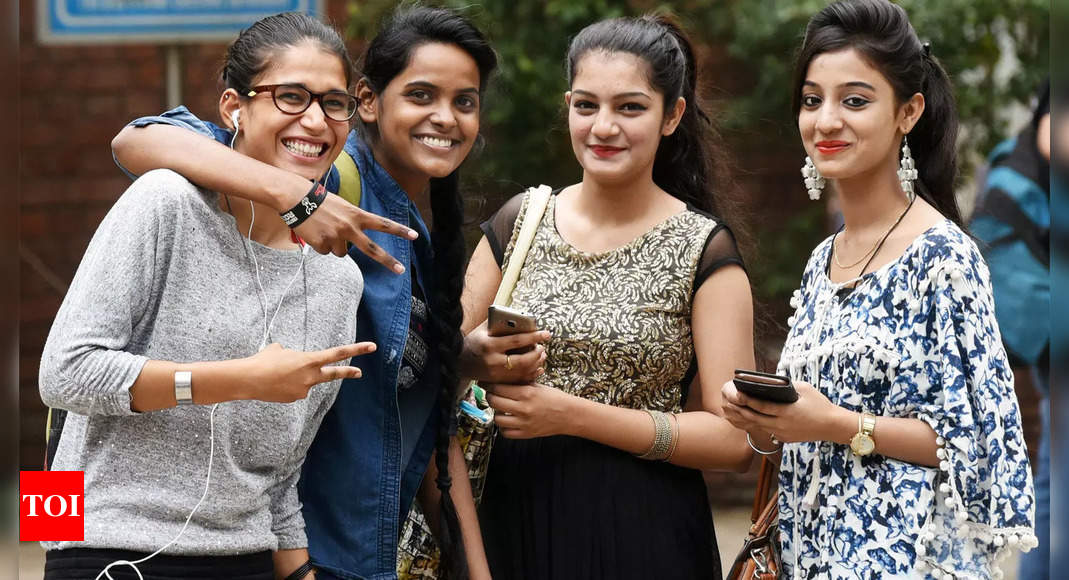"IITs and Higher Education Institutions Emphasise Mental Health Support Amid Rising Student Stress"

The National Wellbeing Conclave, hosted by the Indian Institute of Technology (IIT) Hyderabad, highlighted the pressing need to prioritize mental health support in higher education frameworks. With student stress and mental health issues on the rise, the conclave brought together representatives from various IITs, government bodies, and mental health experts to discuss actionable recommendations for integrating mental health initiatives into universities and colleges.
The University Grants Commission (UGC) guidelines released in August 2023 urge universities to adopt mental health counselling systems, provide stress-management training, and establish peer support networks. The UGC also mandated HEIs to create well-being centres on campuses to offer round-the-clock mental health support, marking a significant step towards shifting the focus from academic excellence alone to fostering holistic student welfare.
Recent data shows that depression, anxiety, and suicidal thoughts among college students in India have become alarming concerns. A collaborative study by researchers from NIMHANS, the University of Melbourne, and various Indian academic institutions revealed rates of depression, anxiety, and suicidal thoughts among college students in India, with 18.8% of students considering suicide at some point.
To address these growing concerns, several IITs have launched dedicated mental health programmes aimed at supporting student well-being. The Sunshine Buddy Program at IIT Hyderabad connects first-year students with trained mentors to provide emotional support and guidance. Meanwhile, the Healo Program at IIT Bombay offers specialised counselling services, mindfulness workshops, and certified counsellors, demonstrating a 30% improvement in emotional well-being among students.
At IIT Madras, the Be Happy (Kushal) Program promotes a culture of happiness and emotional resilience among students through group counselling sessions, meditation, and physical activities. According to a report from the IIT Madras Mental Health Cell, 76% of students reported an improved sense of community and well-being after participating in Kushal sessions.
The conclave underscored that integrating mental health into the educational framework is no longer an option but a necessity. India's premier institutions, including IITs, have set a strong precedent with successful programmes that other HEIs can replicate. With combined efforts from government guidelines, policy shifts, and innovative programmes, India's higher education sector is moving towards a more inclusive and supportive environment.
"No Inclusivity Without Mental Health: India’s Higher Education Sector Prioritises Well-being"
As the country moves forward with initiatives to promote mental health support in higher education institutions, policymakers and universities must prioritize student well-being alongside academic excellence. The rise of suicide rates among students has become a critical concern, and it is essential that mental health remains at the forefront of educational policy-making.
By integrating mental health into their frameworks, universities can foster a culture of resilience and support among students, ultimately leading to improved academic performance and overall well-being. As India's higher education sector evolves, it is crucial that institutions prioritize not only traditional academic pursuits but also the essential aspects of student development – including mental health.
"Rethinking Education: How IITs Are Setting a New Standard for Mental Health Support"
India's premier institutions, including IITs, are redefining the landscape of higher education by prioritizing mental health support. From launching innovative programmes to implementing supportive policies, these institutions have set a strong precedent that other universities can replicate.
The success of IITs in promoting mental health support can serve as a model for educational policymakers and institutions nationwide. By adopting similar strategies and demonstrating tangible benefits, other institutions can create a culture of inclusivity, empathy, and well-being among students.
As India's higher education sector continues to evolve, it is essential that mental health remains at the forefront of policy-making and institutional practices. By putting students' needs first, universities can set a new standard for inclusive, supportive, and mentally healthy learning environments.
